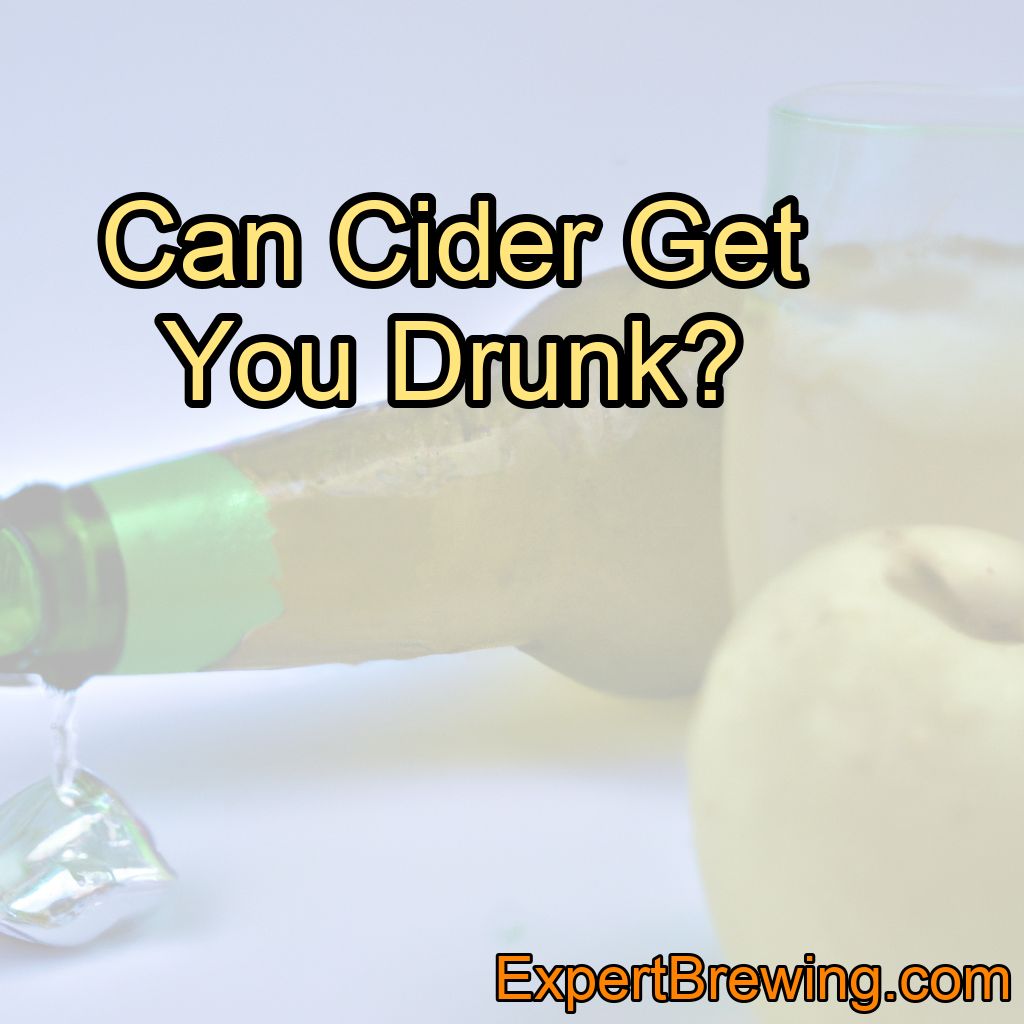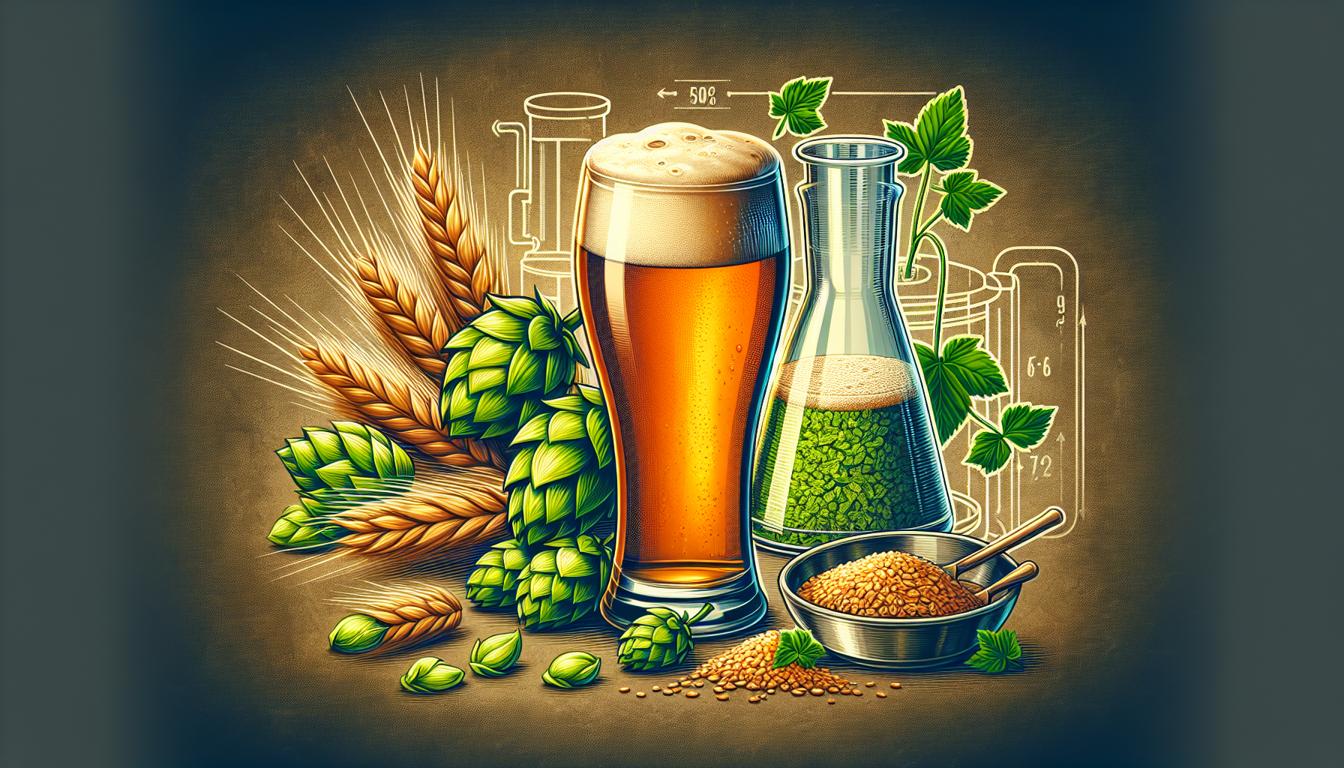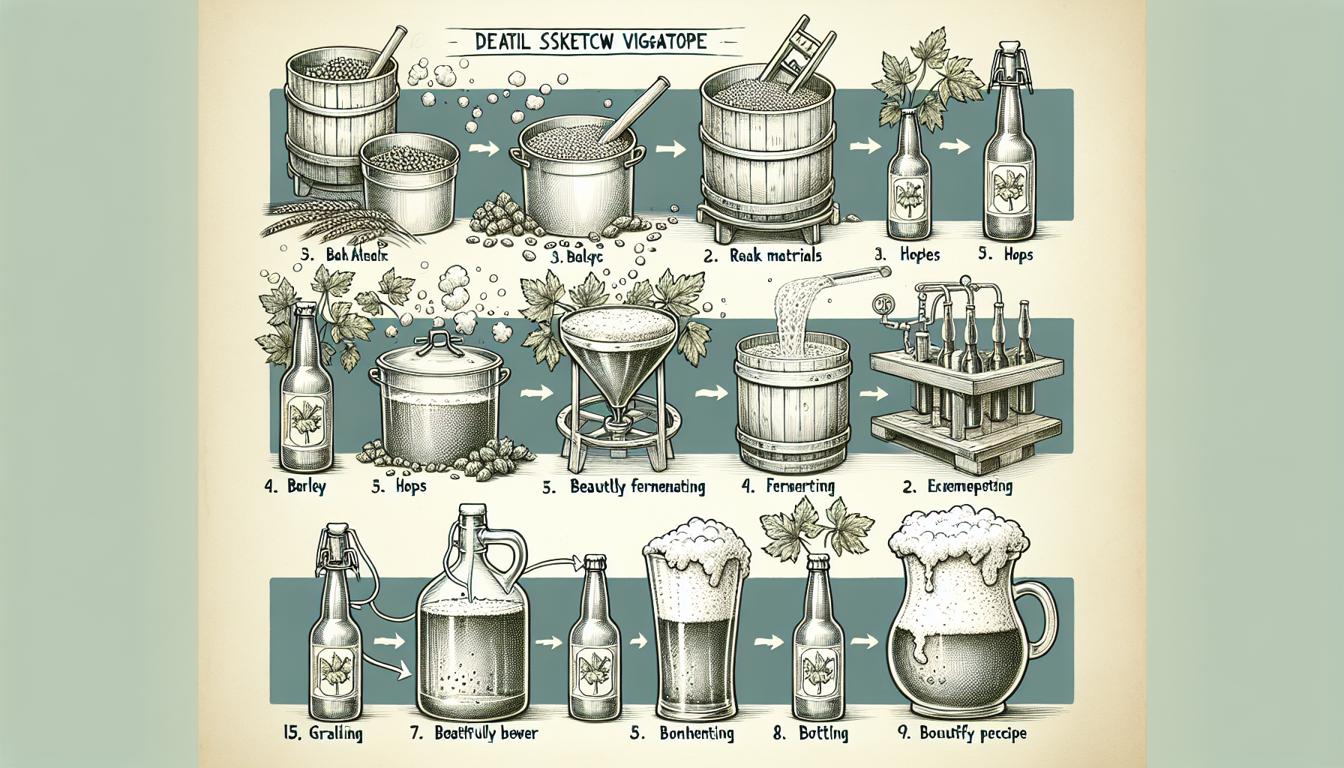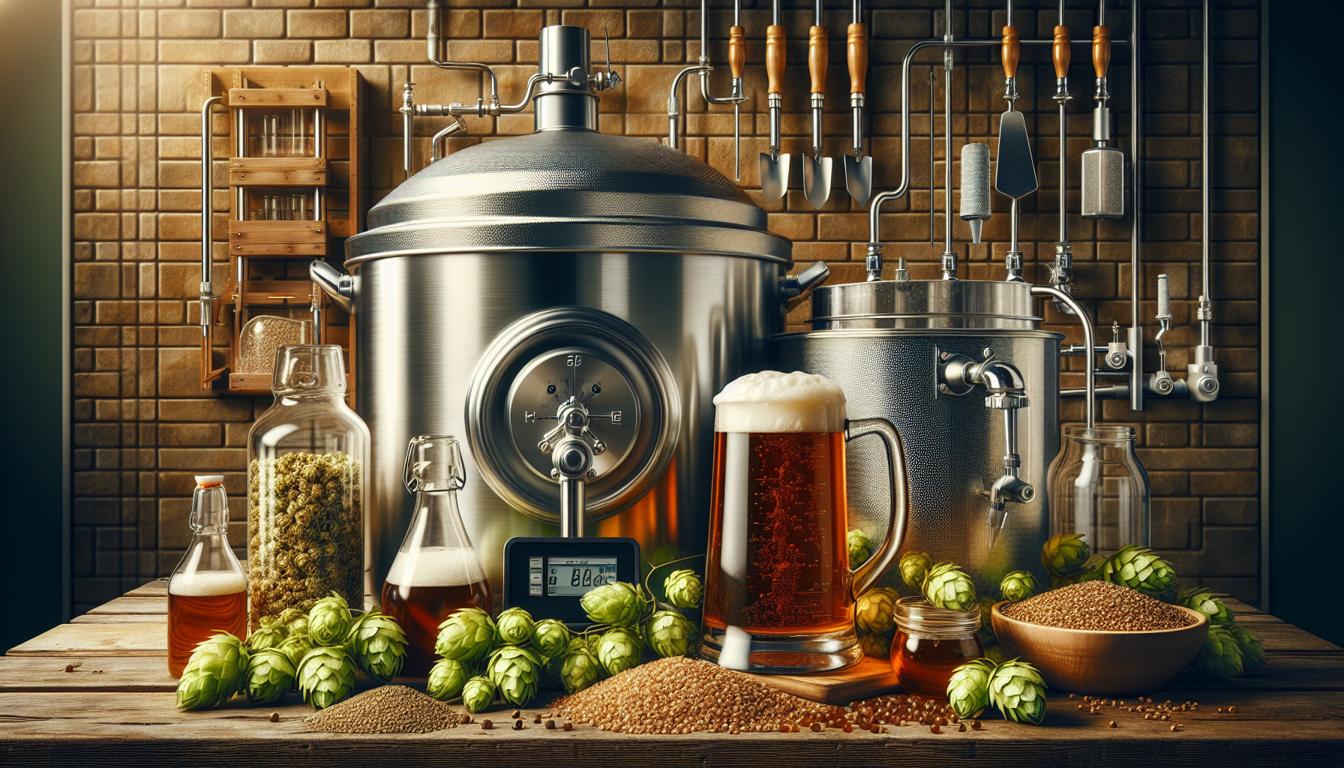Can cider get you drunk? Well, YES, cider can indeed get you drunk if you consume enough of it.
However, the level of intoxication varies depending on factors such as the alcohol content, how quickly you consume the cider, and your personal tolerance to alcohol. Below, we’ll explore various aspects of cider and its intoxicating effects in greater depth.
1. Understanding Alcohol Content in Cider
Ciders can have varying alcohol content, depending on the type and brand. Most ciders typically have an alcohol by volume (ABV) ranging between 4% and 8%. However, some ciders, particularly traditional European varieties, can have a higher ABV, reaching up to 12%. In comparison, the average beer has an ABV of around 4% to 6%, while a glass of wine has an ABV of approximately 12%.
Given the range of alcohol content in ciders, it’s essential to be aware of the ABV of the cider you’re consuming, as this will impact how quickly you may feel intoxicated. Ciders with higher alcohol content will get you drunk more quickly than those with lower ABV.
2. Personal Tolerance and Metabolism
Everyone has a different tolerance to alcohol, which can affect how quickly you become intoxicated when drinking cider. Factors that impact your personal tolerance include:
- Size and weight
- Age
- Gender
- Genetics
- Food consumption prior to drinking
- Rate of alcohol consumption
Moreover, your body’s metabolism plays a crucial role in processing alcohol. Generally, the liver metabolizes alcohol at a rate of about one standard drink per hour. However, this rate can vary depending on factors such as dehydration, sleep deprivation, or liver health.
3. The Importance of Drinking Responsibly
When enjoying cider or any alcoholic beverage, it’s essential to drink responsibly to avoid over-intoxication, which can lead to dangerous situations, poor decision-making, and even alcohol poisoning. To drink responsibly, consider:
- Pacing yourself: Spread your drinks out over a longer period and alternate between alcoholic and non-alcoholic beverages.
- Eating before drinking: Consuming food before or while drinking can slow down the absorption of alcohol into your bloodstream.
- Knowing your limits: Be aware of how much alcohol you can handle without becoming too intoxicated and stick within those limits.
- Designating a sober driver: If you plan on drinking, ensure that you or someone in your group remains sober to drive safely.
4. The Effects of Intoxication on the Body
When you consume alcohol, it enters your bloodstream and affects your body in various ways. Some common effects of intoxication include:
- Impaired judgment and decision-making
- Slowed reaction time and reflexes
- Difficulty concentrating
- Impaired coordination and balance
- Slurred speech
- Memory lapses
- Mood swings
As intoxication worsens, it can lead to more severe symptoms, such as vomiting, unconsciousness, or alcohol poisoning. It’s essential to recognize the signs of intoxication in yourself and others and take appropriate action to prevent further harm, such as stopping alcohol consumption or seeking medical help if needed.
5. The Dangers of Binge Drinking
Binge drinking is a pattern of alcohol consumption that leads to a blood alcohol concentration (BAC) of 0.08% or higher, typically achieved by consuming several alcoholic drinks in a short period. Consuming large amounts of cider in a short time can result in binge drinking, which poses several health risks, including:
- Alcohol poisoning
- Chronic health issues, such as liver disease or neurological damage
- Increased risk of accidents and injuries
- Poor decision-making and impaired judgment, leading to risky behaviors
- Long-term effects on mental health, including depression and anxiety
To reduce the risk of binge drinking, it’s important to consume alcohol, including cider, in moderation and be aware of the signs of intoxication.
6. The Role of Cider in Culture and Socialization
Cider has a long history and plays a significant role in the culture and socialization of many countries, particularly in Europe. The drink has become increasingly popular in recent years due to the variety of flavors and styles available, making it an appealing option for social gatherings and celebrations.
While enjoying cider can be a fun and enjoyable experience, it’s essential to remember the intoxicating effects of alcohol and drink responsibly to ensure a safe and positive experience for all involved.
7. The Benefits of Moderate Alcohol Consumption
While excessive alcohol consumption can be harmful, moderate consumption can provide some health benefits. For example, moderate alcohol consumption has been associated with a reduced risk of heart disease and diabetes. Some studies have also suggested that the antioxidants found in apple-based ciders may offer additional health benefits.
However, these benefits should be weighed against the potential risks associated with alcohol consumption, and drinking in moderation is always recommended.
8. Alternatives to Alcoholic Cider
If you’re looking for a cider experience without the risk of intoxication, consider non-alcoholic ciders. Many brands offer alcohol-free versions of their popular cider products, which can provide the same flavors and enjoyment without the alcohol content. These options can be a great alternative for designated drivers, pregnant individuals, or those who simply prefer not to consume alcohol.
9. The Bottom Line
In conclusion, yes, cider can get you drunk if you consume enough of it.The level of intoxication depends on factors such as the alcohol content of the cider, your personal tolerance, and your drinking habits. It’s essential to drink responsibly and be aware of the effects of alcohol to ensure a safe and enjoyable experience.
To wrap up, here are 10 facts about cider and its intoxicating effects:
1. Cider can get you drunk if you consume enough of it.
2. Ciders typically have an alcohol content between 4% and 8% but can be higher.
3. Personal tolerance and metabolism play a significant role in how quickly you become intoxicated.
4. Drinking responsibly is essential for avoiding over-intoxication and alcohol-related harm.
5. Intoxication can lead to impaired judgment, coordination, and memory, among other effects.
6. Binge drinking poses severe health risks, including alcohol poisoning and long-term health issues.
7. Cider plays a significant role in culture and socialization in many countries.
8. Moderate alcohol consumption may provide some health benefits, but these should be weighed against potential risks.
9. Non-alcoholic ciders offer an alternative for those who prefer not to consume alcohol.
10. Ultimately, understanding the effects of alcohol and practicing responsible consumption is key to enjoying cider safely and responsibly.
FAQs
How much alcohol is in cider?
The alcohol content in cider can vary greatly, but typically ranges from 4-8% ABV (alcohol by volume).
Is cider stronger than beer?
It depends on the specific cider and beer being compared. On average, cider tends to have a slightly higher alcohol content than beer, but there are many factors that can influence the strength of each drink, such as the brewing process, ingredients used, and serving size.
Is cider easier on the stomach than beer?
There is no definitive answer to whether cider is easier on the stomach than beer as it can vary from person to person. However, some people find that the lower carbonation and acidity of cider can make it easier to digest than beer.
What is healthier beer or cider?
Both beer and cider can be enjoyed in moderation as part of a healthy lifestyle. However, beer generally contains more calories and carbohydrates than cider, while cider may have a higher sugar content. Ultimately, the healthiest choice depends on individual preferences and consumption habits.
Is cider less carbonated than beer?
Yes, cider is typically less carbonated than beer.
Is cider more fattening than lager?
Both cider and lager have similar calorie content, with around 200-250 calories per pint. However, cider tends to have a higher sugar content, which can lead to weight gain if consumed in excess. Therefore, it is important to consume both in moderation as part of a balanced diet.




